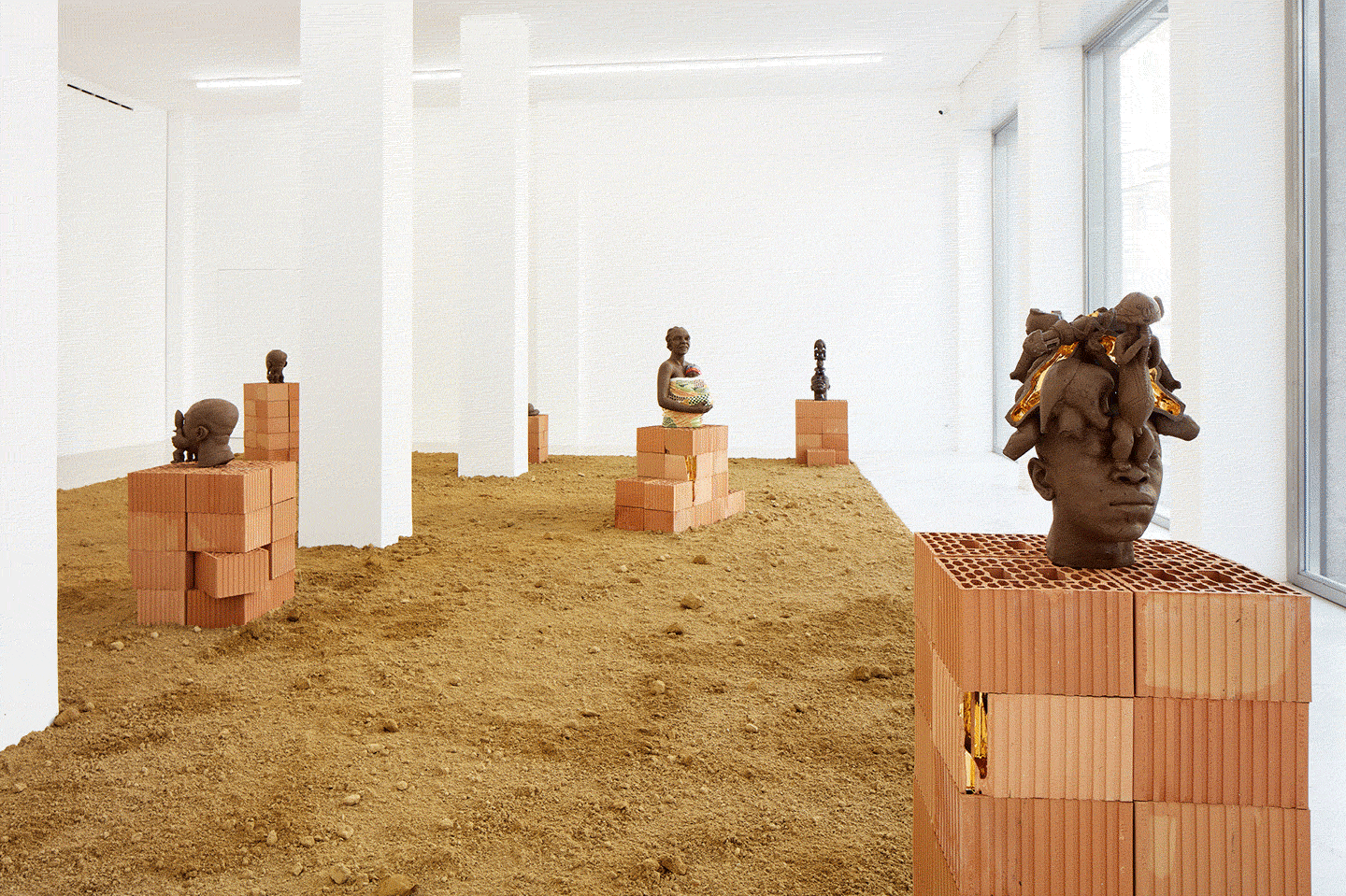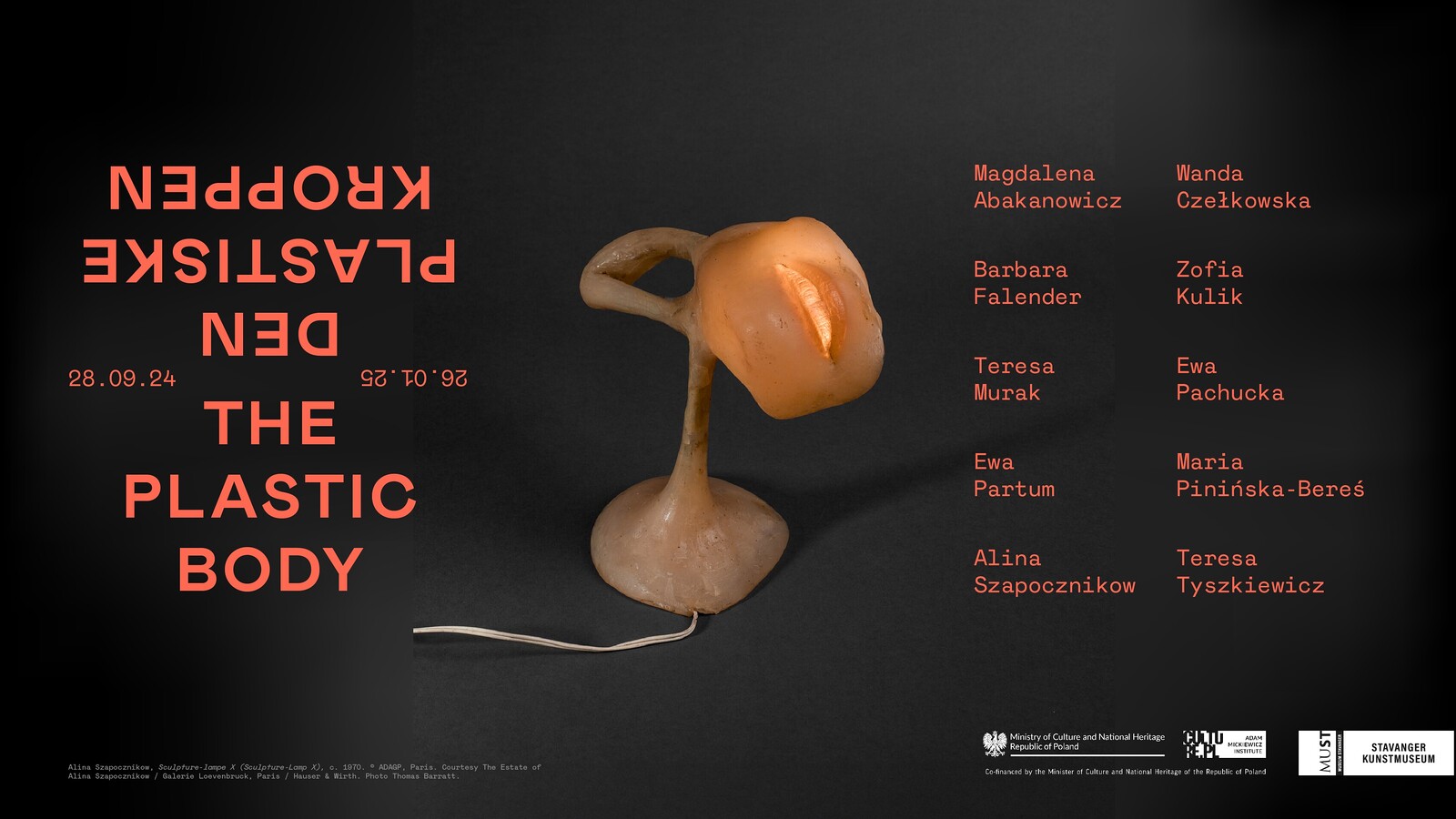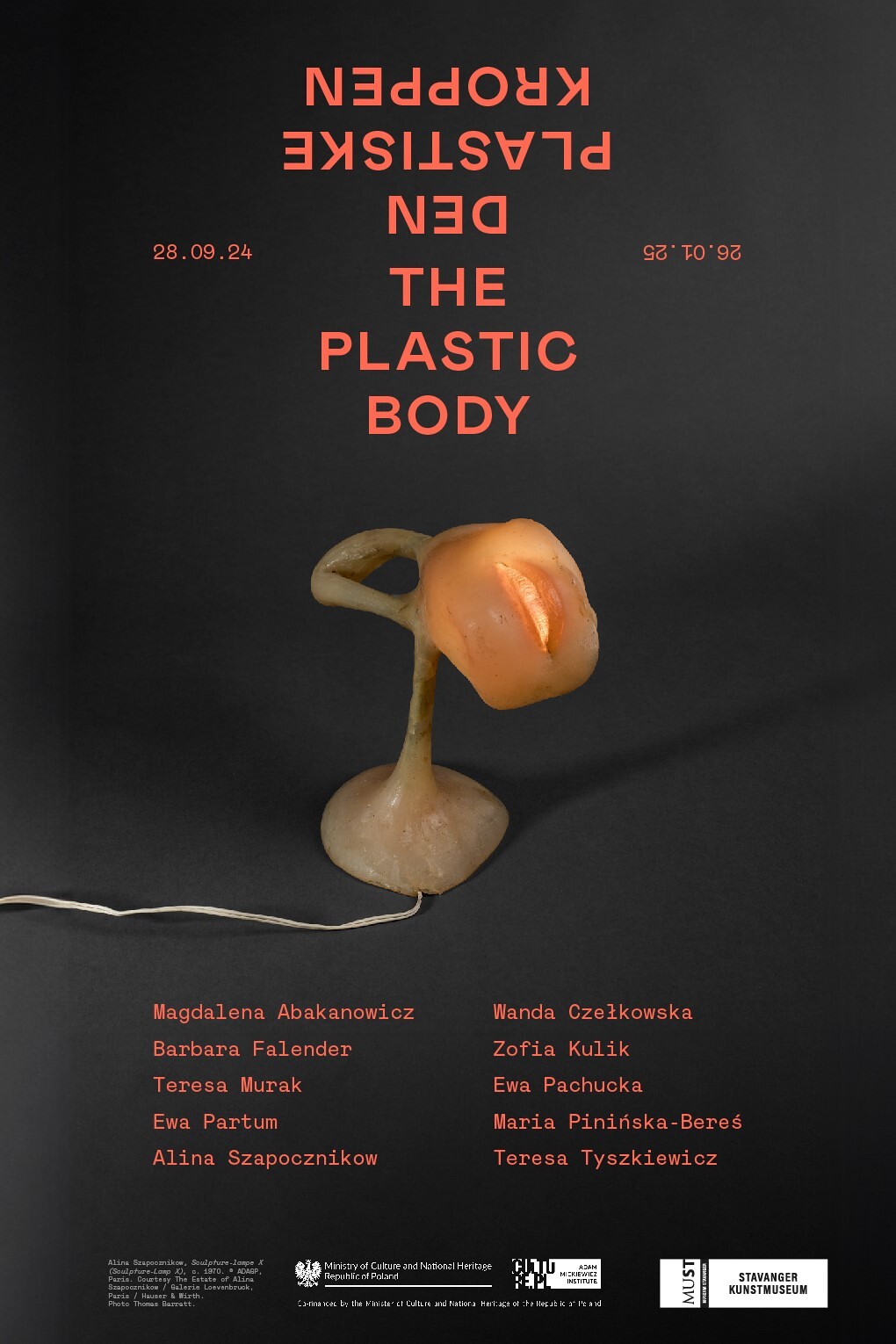Rêve Lucide
June 22–September 9, 2023
Via Azzo Gardino 9
40122 Bologna
Italy
Hours: Tuesday–Saturday 10am–2pm,
Tuesday–Saturday 3–7pm
T +39 051 484 7957
info@p420.it
P420 is pleased to announce the opening in the gallery of Rêve Lucide (Lucid Dream), the first solo exhibition by the Cameroonian sculptor Victor Fotso Nyie (Douala, 1990; lives and works between Faenza and Rieti, Italy).
The exhibition features a series of terracotta sculptures created between 2021 and 2023, arranged in a nonlinear and nonhierarchical manner, peacefully resting on brick-built plinths and a cumulative bed of soil: a constellation that evokes a soundless environment halfway between a lunar landscape and a sacred burial ground. Through his sculptural language impregnated with magic realism, Fotso Nyie employs clay as a vessel for storytelling, where the encounter with the spirits of the ancestors happens through the dimension of dreams—an oneiric realm where personal and collective memories intertwine with uncanny visions, hinting at a future time.
His anthropomorphic figures are rendered in double-baked clay of a dark tone with a smooth waxed finish, embodying a powerful iconography aligned with the new contemporary figuration and imbued, at the same time, with references and sensibilities sourced from Pan-African vernacular culture, particularly the spiritual knowledge of West Africa.
Interweaving a biographical narrative with the collective unease surrounding the displaced heritage of African art and artifacts, Fotso Nyie’s sculptures are primarily self-portraits that imaginatively blend with figures shaped as traditional African sculptures, unfaithful reproductions of the wood statuettes that he collects from flea markets or that he observes in the archives of ethnographic museums.
At a time in which museums are rising up across Africa to repatriate artifacts trapped in European ethnographic museums, the powerful body of works presented in Rêve Lucide etches tales of fragility and resilience that envision a process of collective healing and an imminent reconciliation with ancestral values.
A critical essay by Mariella Franzoni accompanies the exhibition.


